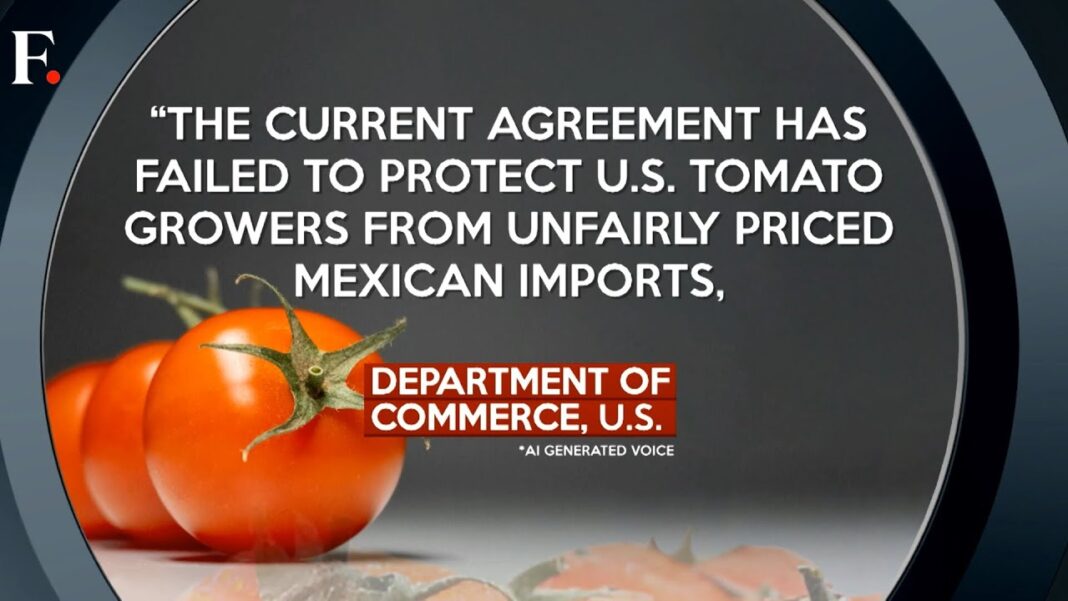Beijing’s escalating trade fight with Washington threatens to deepen its economic woes, but backing down risks the CCP’s hold on power, according to analysts.
News Analysis
China’s already sluggish economy is bracing for more challenging times as the ruling Chinese Communist Party (CCP) vowed not to back down from a fight with the United States on tariffs, according to economics and finance experts as well as small business owners inside and outside the country.
Part of the reason lies in China’s export-led growth model, they indicated.
“If the United States were to shut its market to China right now, it would be catastrophic for [China], because there simply isn’t another market globally that could replace the United States,” Taiwan-based macroeconomist Henry Wu told The Epoch Times in a recent interview.
“China won’t be able to pivot its products to Africa, the Middle East, or South America to compensate for the lost demand from the United States.”
Amid growing concerns over China’s economic prospects, Beijing has escalated its retaliation against the recent U.S. tariff hike on Chinese imports, increasing its levies on U.S. imports to 125 percent and blacklisting dozens of U.S. companies.
Before Beijing unveiled the latest tariff hike on April 11, CCP leader Xi Jinping said there’s “no winner” in the tariff war, according to China’s foreign ministry.
Xi made his first public comments on the tariff issue during a visit to Beijing by Spanish Prime Minister Pedro Sánchez.
Weak Domestic Demand
Chinese Premier Li Qiang recently acknowledged the pressures that external shocks are placing on China’s economic operations and said that Beijing is well-prepared for all uncertainties.
Li, who oversees the economy, called on the country’s experts and entrepreneurs to maintain confidence, vowing to prioritize boosting domestic consumption as a “long-term strategic priority,” according to Beijing’s official readout.
Analysts are not optimistic.
If export capacity is redirected to the domestic market, macroeconomist Henry Wu said, it would be “impossible” to absorb that volume through domestic consumption alone.
By Dorothy Li








